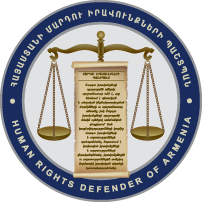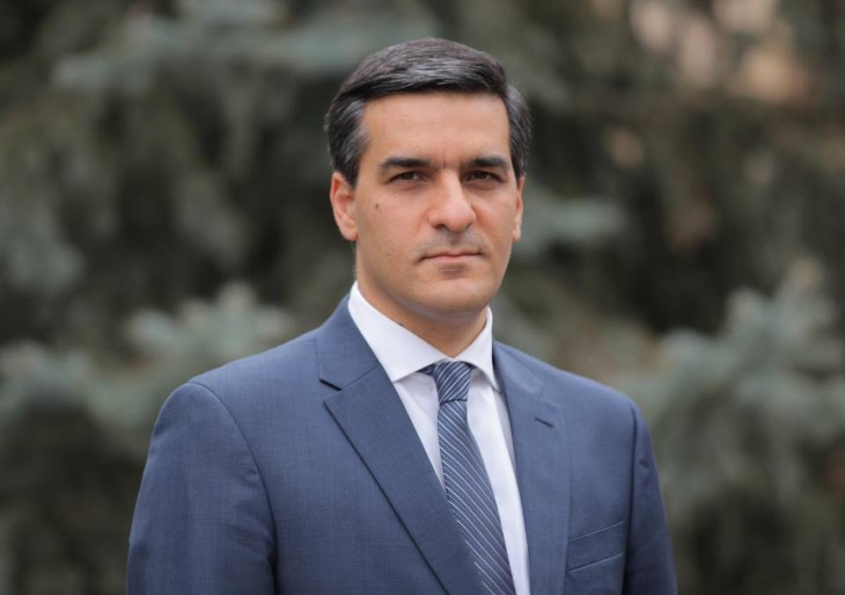The imperative of guaranteeing a fair trial in each criminal case requires full independence of the court and a protected professional work of advocates.
- The widespread insult, infringement of dignity, hate speech, threats and even calls for violence within social media against the judge Davit Balayan, who made a decision on the detention matter of Manvel Grigoryan, M. Grigoryan’ advocate and their families is precisely concerning. Moreover, observations of the matter indicate that the named comments and other notes in the social media have tendency to grow.
- Effective judicial power requires full independence of the court and the judge. This high value is guaranteed by our country's Constitution and international obligations. The latter means independence from both the legislature and the executive, any other bodies or official, or an absolute prohibition of interference from any other person or entity. It also infers the independence and impartiality of the court regardless of the nature of the case under investigation or the public authority of the person subjected to criminal prosecution or public opinion on his or her credit.
- The case brought before a judge or an issue under the consideration is always concrete, the solution to which the court must give itself based on the circumstances of a specific case.
- The situation is especially concerning because there is no final court decision on the matter of Manvel Grigoryan, whether he eligibly committed the criminal offense and proven guilty. This means that any influence can endanger the right of a person to an effective judiciary, which will result from the infringement of the principle of the independence of the judiciary, endangering the realization of the fundamental right to a fair trial.
- It should be specifically noted that in the pre-trial phase of the criminal proceedings, the evidence or other materials concerning the case has limited access to the public, in contrast to the final trial of the case by a court publicly after the end of the pre-trial investigation. This rule also applies to access to evidence and other materials, which the prosecution and defense parties present before a court at pre-trial stages. Consequently, please note that in the pre-trial phase of the criminal proceedings there is no objective opportunity for the public to have a complete picture of the circumstances of the case. The latter stem from the requirements of the current criminal procedural legislation.
- The situation is also problematic in terms of freely conducting professional legal work. Hate speech, insulting comments and threats to advocates in the social media are evidence of that.
- It is key to consider that an advocate represents and defends a person who is suspected or accused of committing a precise crime, however eligible criminal offence. The advocate's mission is to provide qualified legal assistance and legal protection against the charge during the criminal proceedings to a person. This does not mean that the advocate justifies crimes or provides impunity. The professional work of an advocate aims to protect any person against any possible illegal prosecutions or imprisonment.
- Once again, international jurisprudence, inter alia, the case law of the European Court of Human Rights implies huge obligation on the states to prevent such situations. Even if the state has not contributed to the formation of pressure on the court and advocates resulted from the prejudice public perceptions, it is still the duty of the relevant authorities to make the utmost efforts to mitigate the situation, to guarantee the high value of the judiciary's independence and the unbarred implementation of the professional work of advocates. It is crucial to address such issues from the point of view that such situations can form a dangerous precedent of interference with the judiciary independence.
Arman Tatoyan
The Human Rights Defender of the RA



